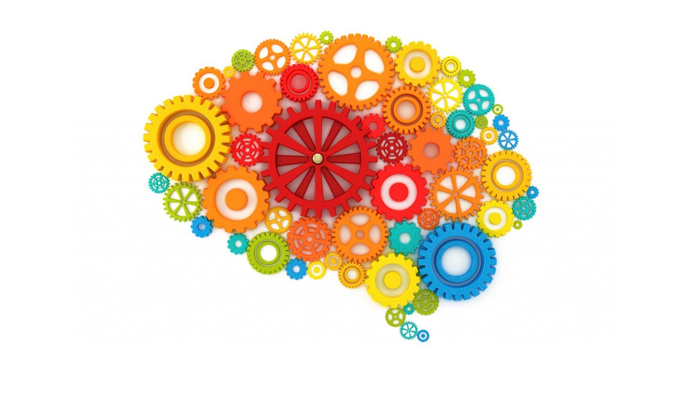As far as I’m concerned this week is the best week of the year. It’s not only Mental Illness Awareness Week, but here in Australia it’s Mental Health Week. Although mental health promotion and awareness of mental illness should be continuous throughout the year (not only during one week), now’s one of the best times to start talking about it.
I wish I had the chance to be more aware of mental illness when I was younger. I had my first depressive episode when I was 14 and when I was 18 I started to have hypomanic and manic episodes. When I was in high school I didn’t even know what depression was. All I knew was that I was incredibly sad for no reason and that I wanted to die. I thought everyone felt that way and I wasn’t coping, or that I was a freak and that there must have been something unnaturally wrong with me. I was ashamed so I hid my low moods. There was no mental illness awareness at our school. There was not much mental illness awareness at university either and my unusually elevated moods went unnoticed by my friends, my family, and myself.
Unfortunately this scenario is not uncommon – 75% of mental illnesses begin before the age of 24, but it can take years until a diagnosis is made (it took 9 years from the onset of my symptoms until I was diagnosed with bipolar disorder). It’s terrible that in Australia, suicide is the leading cause of death in people aged between 15 – 44. This is why mental illness awareness is so important and needs to begin at a young age. Teenagers need to be educated about what to look for so they can recognise mental illness in themselves or others. When I was in high school I didn’t have a name for my dark moods so I didn’t know that I had an illness that needed to be addressed.
I wish I was aware of how to get help when I knew deep down that something was very wrong. When I got to university I did realise that I at least had depression but I had no idea where to go for help. Awareness of how and where to seek help for a mental illness is just as important as being aware of the signs and symptoms. If we got information at university about where to go for help I must have missed it. I didn’t find getting help for my mental illness easy or obvious, which made it especially difficult to reach out when I was depressed.
I wish I was aware of the strength it takes to get help and that it is a very brave thing to do – not a sign of weakness. It took me a couple of years before I got help for my episodes of depression because of self-stigma. I thought if I admitted that I was struggling then people would think I was an attention-seeker or weak. A huge part of mental illness awareness is the need to eliminate the stigma around it to encourage help seeking behaviours and to emphasise that there is no shame in getting help for a medical condition. I have asthma which I take medication for and occasionally see a doctor about, so why should it be any different when it comes to taking medication, seeing a psychiatrist and sometimes being hopistalised for my bipolar disorder?
I wish my family and friends had been more aware, I wish my teachers had been more aware. No one was aware of mental illness when I was growing up, so it was no one’s fault that my own mental illness went unnoticed. How could it be when education about mental illness in the community and school system was lacking? Everyone needs to be aware of mental illness and how to help because almost everyone will know someone who is personally affected by it. When I was going through university I was hoping that someone would notice my depressed mood. I was too embarrassed and shy to actively seek out help (my depression also took away my initiative), but I would have jumped at the chance to open up if someone had of noticed I wasn’t OK and asked me what was wrong.
I wish we had all been more aware of mental illness so I could have received help when I was 14. I wish we had all been more aware of mental illness so some of the suffering my whole family went through could have been avoided.
Most of all I hope everyone becomes aware of mental illness so people can get help sooner, so people can provide support and so everyone with a mental illness can go on to live successful and fulfilling lives. I hope that everyone becomes aware of mental illness so the stigma around it is eliminated. But most importantly, I hope everyone becomes aware so people stop dying from preventable deaths that are due to mental illness.
Sally also blogs for bp Magazine and has written for Youth Today, upstart and The Change Blog. To read more of her IBPF posts, click here.


